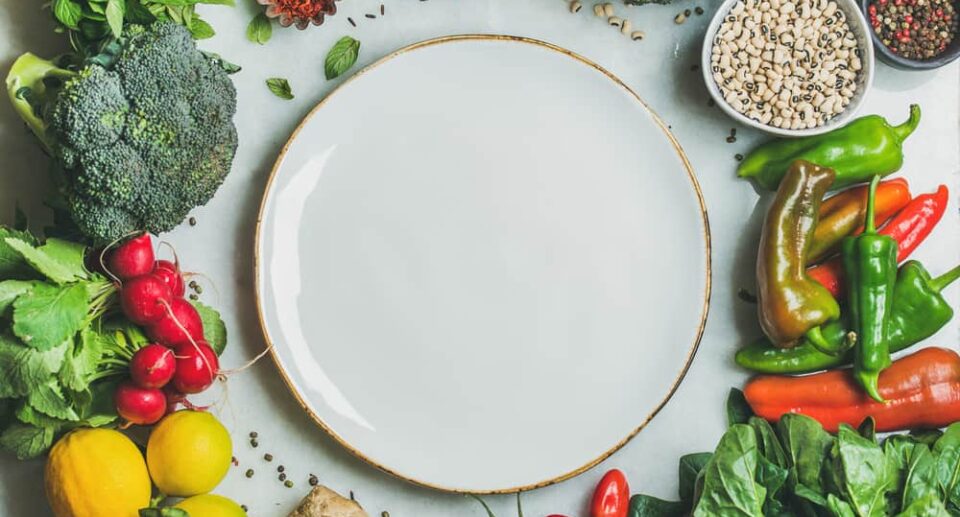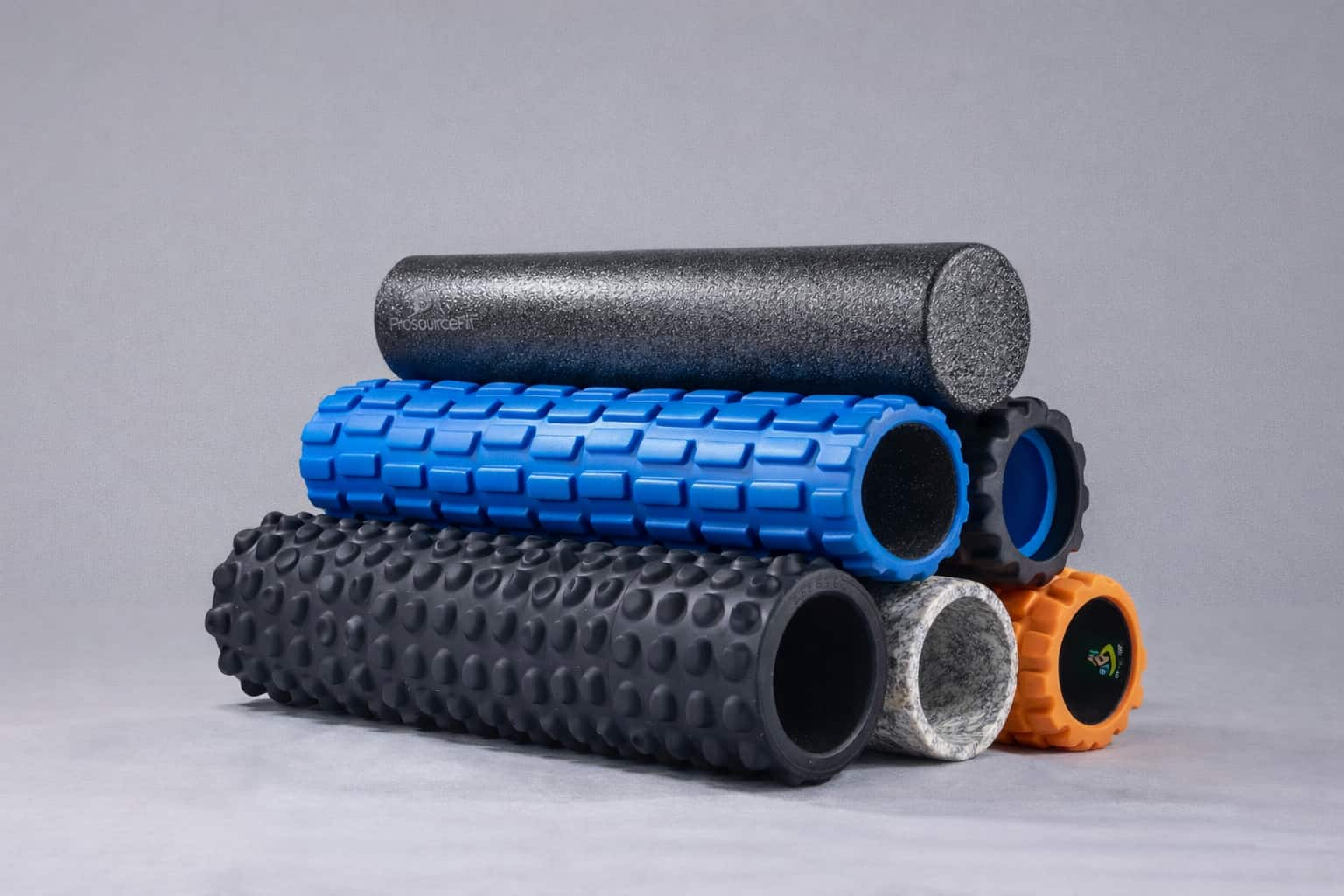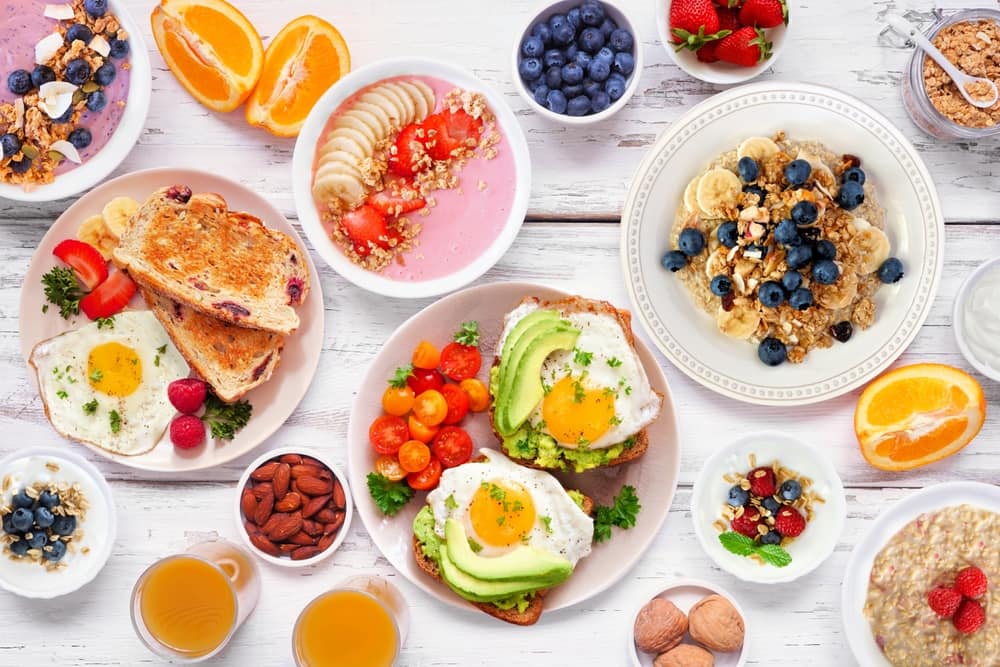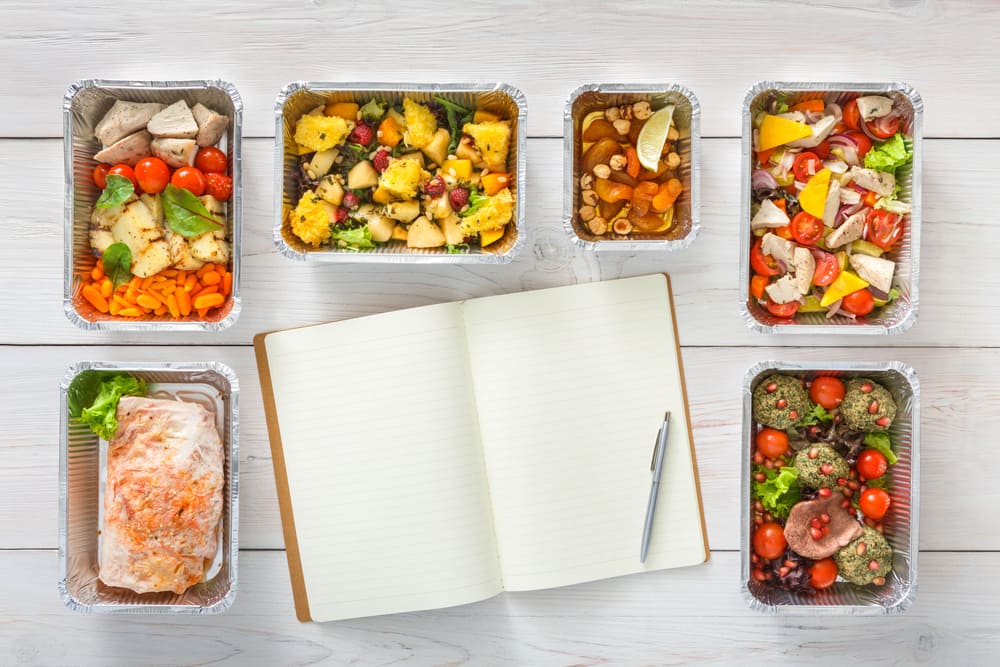How to transition to a clean eating lifestyle


Transition to a clean eating lifestyle and nourish your body with wholesome, natural foods for a healthier, more vibrant life. We eat regularly, but clean eating is essential among these foods. Eating clean is not a diet but a method of what you eat and why you eat it. Eating clean means eating whole, nutritious foods that keep your diet closer to nature. Choosing this clean food means avoiding processed and artificial foods. More vegetables and lean proteins are included in clean food. It helps keep the body healthy, bright and strong.
This article will present 6 clean foods that, by only incorporating them into your daily eating pattern, you may experience a rather easy and delightful lifestyle. Following this diet, the body will always be healthy, bright, and strong.
Lifestyle benefits of eating clean food
There are numerous health benefits of eating clean food, including:
Improved digestion: Whole foods are fiber-rich, improving gut health.
Increase in energy: Nutritious foods help maintain energy throughout the day.
Weight Management: A clean eating plan reduces excess calories and unhealthy fats.
Stronger Immunity: Vitamins and minerals from whole foods boost immunity.
Clear Skin: Cutting down on processed foods can improve skin health and appearance.
Mental Clarity: Proper nutrition supports cognitive function and focus.
6 Easy Ways to Make Clean Eating a Lifestyle
1. Eat Vegetables and Fruits


Vegetables and fruits are good foods. They contain many vitamins, fibre, and minerals that benefit the body. Being a significant component of clean eating, vegetables and fruits are mostly eaten raw as soon as they are properly washed.
A study published in the American Journal of Psychiatry (Jacka et al., 2010) found that individuals who follow a whole-food-based diet show lower rates of depression and anxiety compared to those who consume processed and high-sugar foods.
Here are some ways to include more vegetables and fruits in your diet:
Add 2-3 vegetables to your salad. These will make your meal more appealing.
Add apples, strawberries, and tangerines to your salad.
Top your oatmeal and yogurt with berries and bananas.
Wash and cut the vegetables, mix with olive oil and herbs and keep them in a container in the refrigerator.
The more vegetables you choose in your diet, the better. Green vegetables are one of the clean foods.
2. Eat less processed foods


Highly processed foods increase the risk of heart disease. So try to avoid them as much as possible from your diet because these foods may contain excess sugar, artificial colours, and preservatives.
Packaged chips and fast food are processed foods that we like a little more and due to the loss of food quality, they do more harm than good for our body. Most processed foods lose some of their fibre and nutrients. But extra sugar, sodium and other ingredients are added to preserve them and make them more attractive.
3. Reduce excess sugar intake


The most favourite thing in our diet is sugar. But this sugar is one of the causes of most diseases in our body. Sugar is called white poison. Sugar overflow is very harmful and significantly contributes to many problems that affect the body of maisha.
People with diabetes, metabolic syndrome, or related problems should be able to communicate with their doctors about any other sweeteners they can use.
Besides, sugar from natural sources adds little to our daily food value. Foods that are high in added sugar are related to various health problems. Verbalizing the amount you consume and making up for it with other sweet foods can also be helpful.
4. Eat less meat


Include meat in your diet, but in limited quantities. Meat plays a significant role in meeting your protein needs. Decreasing meat consumption may be a good way to be healthy. The advantages of eating meat do not exclude the fact that it may lead to weight loss, better blood pressure control, and heart disease risk reduction. Some people believe that vegetarianism is a guarantee of a healthier life. That is, however, a wrong assertion. Not getting enough meat can lead to a variety of health problems.
5. Choose oils and spreads wisely


Vegetable oils and margarine generally don’t serve the purpose of clean eating.
Some oils, for example, soybean and corn oil, are the ones that have high levels of linoleic acid, a derivative of the essential unsaturated fatty acid. Some studies have shown that consuming too many omega-6 fatty acids, including linoleic acid, and insufficient omega-3 fatty acids may contribute to obesity and chronic inflammation. While limiting vegetable oils and spreads may provide some benefits, eating healthy fats in moderation is still essential. These include avocados, walnuts, and omega-3-rich fatty fish.
Olive oil may also be a good choice because it has advantages for health and can be beneficial as an anti-inflammatory agent.
6. Make water your primary beverage


It doesn’t contain additives, sugar, artificial sweeteners, or other questionable ingredients. In some cases, you may need to use bottled water or filter or boil your water before consuming it.
Water can keep you hydrated and even help you reach or maintain a healthy weight.
While in the one hand, a lot of sugar-sweetened drinks like soda, lemonade, and juice, which of flavorful, are the guilties of type 2 diabetes, obesity, and other people’s chronic diseases.
Unsweetened coffee and tea Good choice and offers several health benefits, but those sensitive to caffeine may need to control their intake.
Additionally, you can add chopped fruit, lemon, or lime juice to naturally flavour the water.
Key Takeway clean eating lifestyle
Making the change to clean eating doesn’t require extra effort. You can build a sustainable eating plan that tlc the body and the mind by gradually reminding yourself of healthy habits. Remember that clean eating is not about being perfect but about making little decisions that will add up over time.
Start with a minor change or two in your usual schedule, and in no time, you will see that crisp food will be your second nature.









